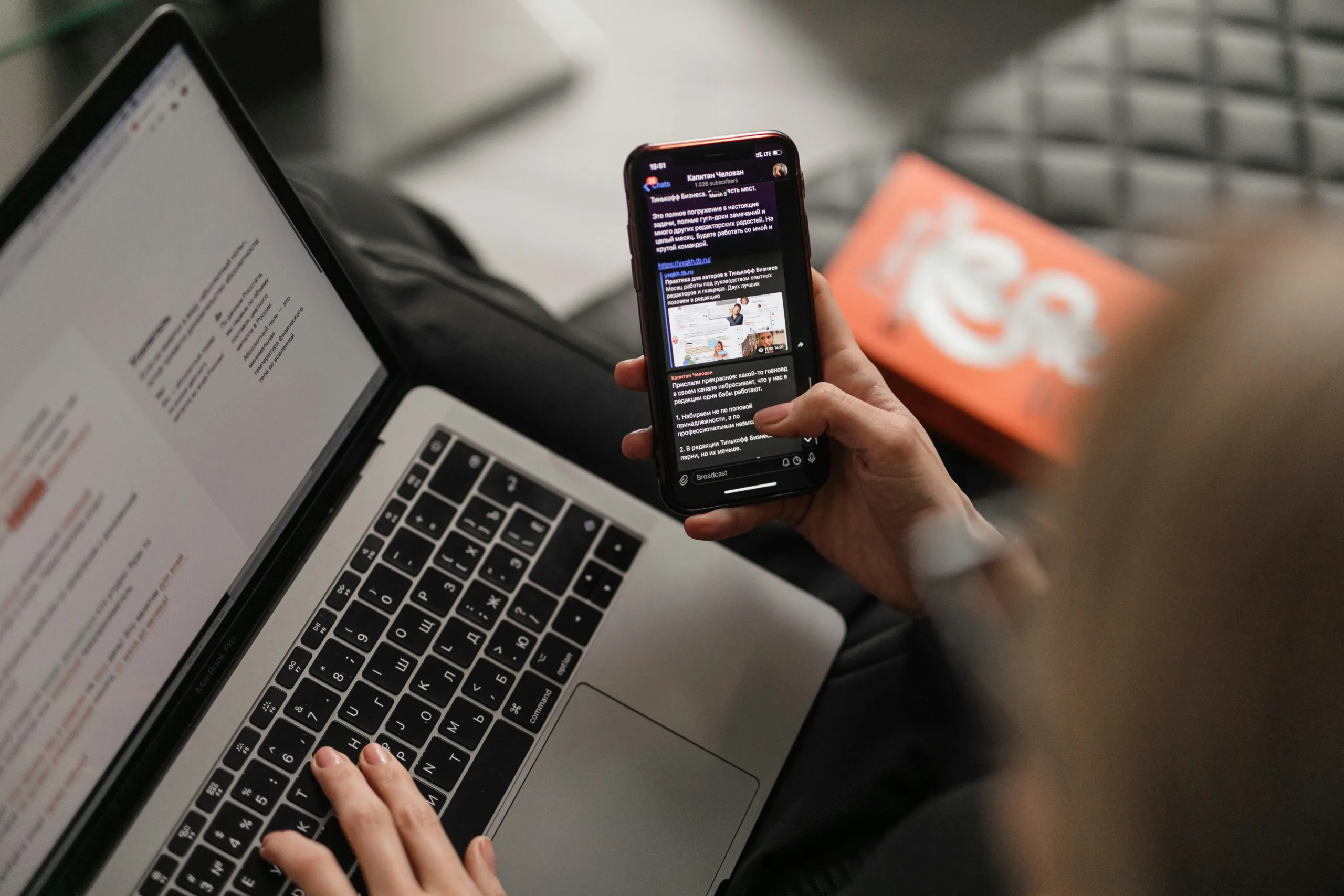2016 BrandLab In-House interns at Clockwork.
I think we can all agree that access to productive work experiences at a young age is important. They can shape what careers options we see and help us uncover skills that we didn’t know we had. And, given the increasing competitiveness of many job opportunities, these experiences become crucial in who has access to what.
I sat down with Ellen Walthour, the Executive Director of The BrandLab (TBL), to talk about what they’ve learned from running a variety of internship programs over the last nine years. Their mission is to “change the face and voice of the marketing industry by introducing, guiding, and preparing students for careers in marketing and advertising.” Clockwork has been involved with TBL in a variety of ways over the years, most recently as host to their In-House Interns, who operate like a small creative agency team and do work for a real client. (This past year’s client was MIA).
Why are internships so important for the group of students that TBL serves? It seems that many companies still hire based on experience or through a network connection rather than capacity. Why are these opportunities then so important for your students?
The BrandLab believes that in order to truly change the face and voice of the advertising and marketing industry to better reflect the consumers in the marketplace you must expose students from diverse backgrounds to the idea of a creative career. Based on research conducted by the U of M, The BrandLab has discovered that today only 6% of the people working in the business are from non-white backgrounds. In an industry that has so many creative jobs that most people have never heard of unless they know someone in the biz, it is hard to expect that the demographics of applicants will change.
You simply cannot ask for a job that you do not know exists.
We start in the high school classroom so that talented, creative kids learn they can have a viable career in the industry and that they have to network to make sure they get that first interview. We expect our students to stay connected to their mentors and supervisors, and to build a relationship over time. Eventually TBL won’t be needed, the network will begin to be more reflective of the communities we serve and therefore jobs will open up to a whole new segment of the population. As one of our board members at a Fearless Conversation so wisely said, “Networks by their nature are narcissistic.” We plan to break those down.
Internships are that critical part of the puzzle that puts promising talent, who have a ton to learn, inside the agencies so they can see first-hand if this really might be a career for them to pursue.
And yes, I believe that our students must be given a ladder to level the playing field. Equity is not about making sure everyone has the same shoe but about making sure they have a shoe that fits. We want to make sure that our young people can compete at the same level with young people from every background. We are about opportunity and creating a scaffold of learning so when it comes time to apply for that first job, our kids are ready to compete. And that is why it is so critical for our young people to have internships; we are making sure they get an experience as privileged and beneficial as their peers from homes with greater access to and awareness of the industry.
How do you make sure internships are effective? We all have seen cultural representations where internships consists mostly of getting coffee and picking up dry cleaning for the head honchos.
- We train our supervisors.
- We train our students.
- We assign our supervisors and our interns a support person that is ready to help them problem solve and cheer them on.
- Each intern is given a coach to guide them through the tough social/emotional challenges of being young and often times the only person of color in the work environment.
- We have high expectations on our students and communicate that constantly.
- We support our supervisors by giving them a wealth of ideas of things their intern can do at the office. But we have tons of room to grow here. We want to make sure our supervisors do not feel stressed by taking on an intern. We want them to be just as fulfilled from the experience as our interns. The learning really can go both ways.
- And, we also make sure our interns know that they will be the best copy makers that place has ever seen. We teach them about hard work and the value of being earnest.
After seeing so many young people go through internships, what’s the purpose of them? How do they change or impact the paths that the young people are on?
Ahh. Best question! The number one thing I see is new sense of hope and possibility. They see their own power to control their paths. They know they are capable. They know how to embrace those feelings of risk and fear when trying something new and outside their immediate experience (school/family). They leave the programs saying they can reach their dreams.
Since many of the kids we meet have never even heard of the roles in marketing before meeting TBL, we really do open up a whole world of career options for them. I think the biggest impact is felt on those amazingly creative kids who have no idea what it is they will do when they grow up. Now they know. How cool is that?
What advice do you have for a company that’s interested in hiring an intern, but wants to make sure they get an applicant pool that’s reflective of their community?
Do not hire a friend of a friend or the son/daughter of a friend. Post your position in five new places. Seek out people of color to help you identify job boards or folks in their network who might be a great candidate. Seek out affinity groups on college campuses. If you are focused on the marketing industry look for people through MAIP, The BrandLab, The LAGrant Foundation, and The Marcus Graham Project. And think about how to create a rooney rule in your own organization.



